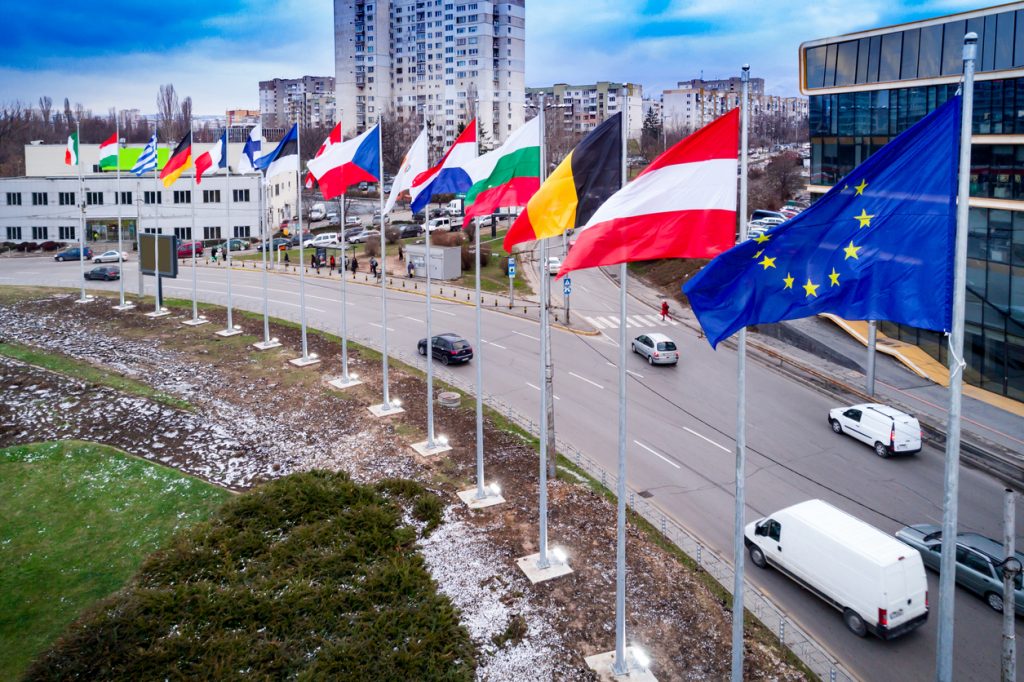
Chances are, every time you get into a car you put your seat belt on. More than nine out of 10 of us do. But the small number of drivers who incredibly don’t buckle up in case they crease their clothes are dramatically increasing their chances of dying in a car crash.
The risks of not belting yourself into a car are revealed in a new report by the Parliamentary Advisory Council for Transport Safety (PACTS) in association with Direct Line. The panel of MPs wants the government to increase the penalties for not wearing safety belts.
The most high-profile victim not properly restrained in a car was Diana, Princess of Wales. But she died in 1997 and road safety campaigners believe drivers need to be reminded of the dangers of driving without seat belts.
Continue reading
















